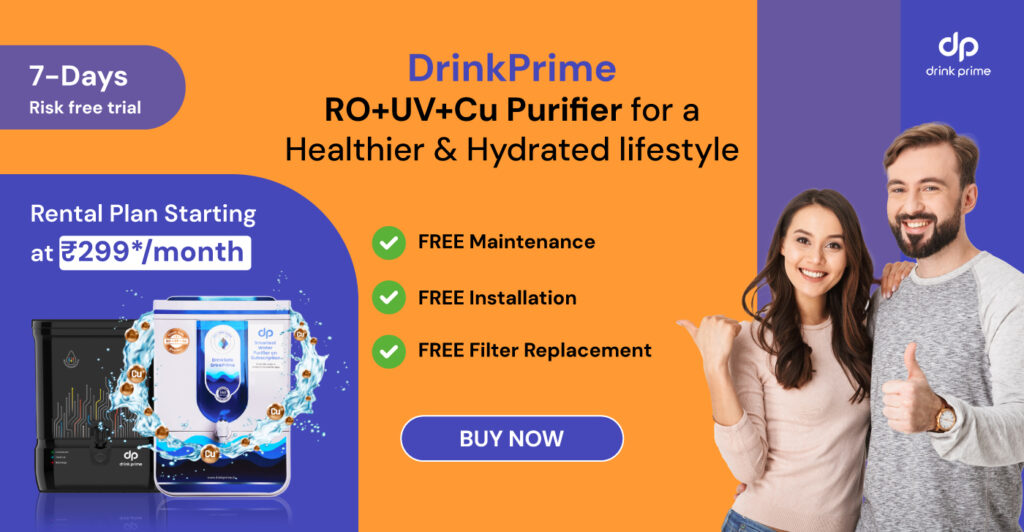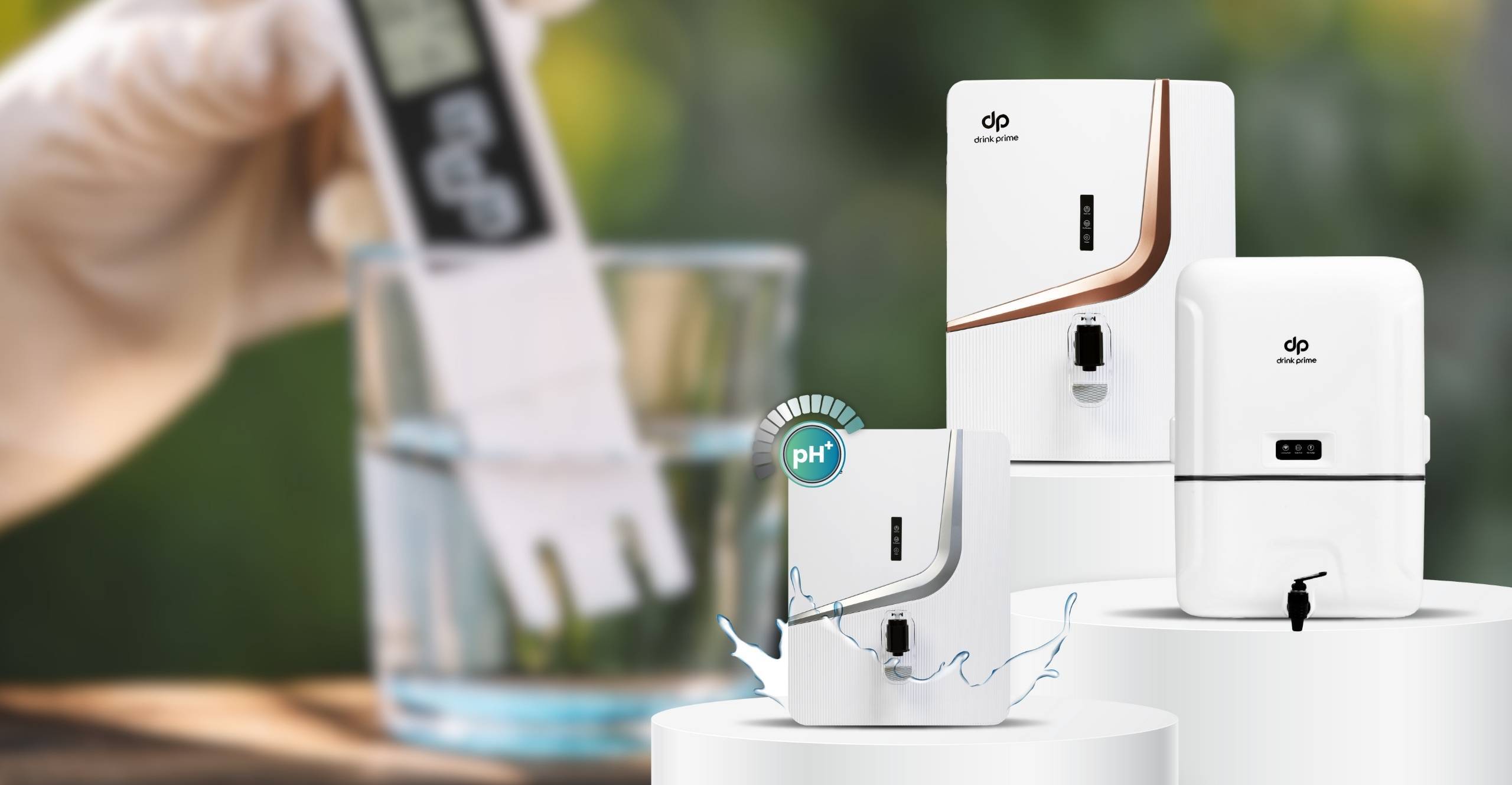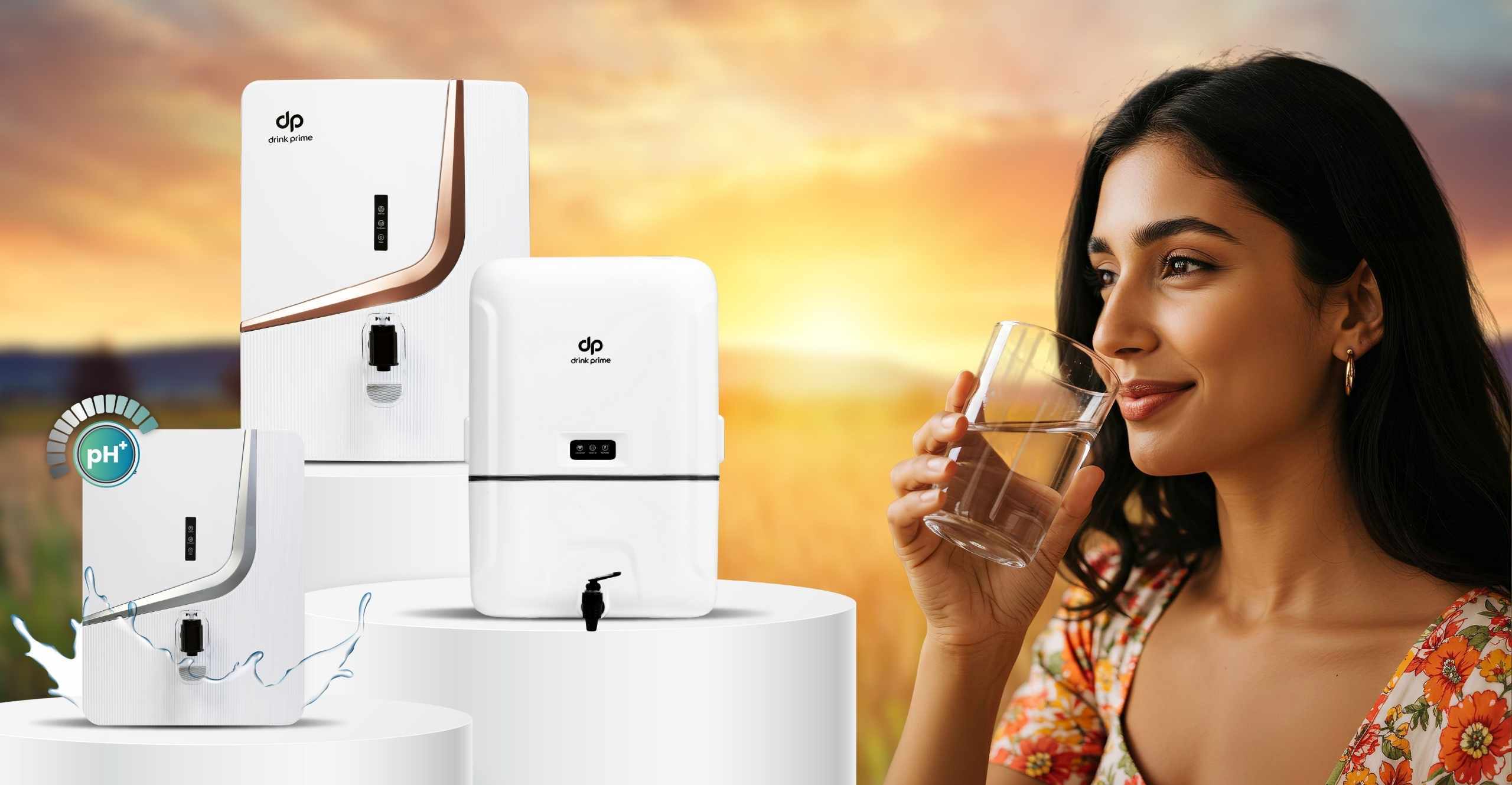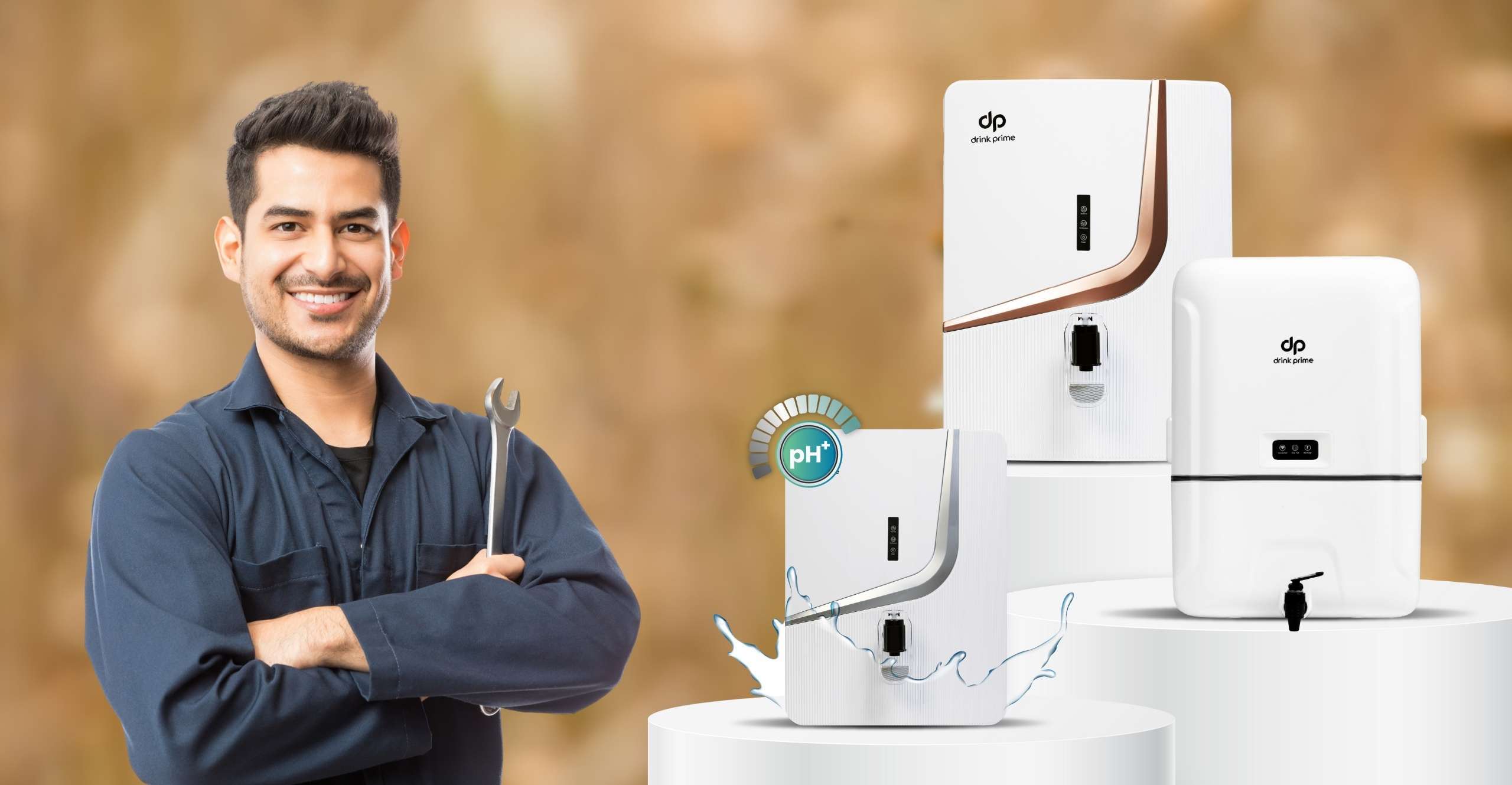Before we dive into this topic more, let’s imagine that you are pouring yourself a glass of water that looks clear, refreshing, and completely pure. But beneath this clarity, there are several microbes, dissolved salts, pesticides, and even toxic metals as well, which are invisible to the eye. In India, most of the water sources, whether they are from municipal supply, tankers, or borewells, are vulnerable to contamination. Drinking untreated water is not just unpleasant; it can seriously impact health and can lead to several health issues, which range from stomach infections to long-term diseases that are caused by chemical exposure. Additionally, this growing concern has made water purification systems a necessity in every household. But over the years, there have been several technologies that have advanced to meet these challenges, and today, three purification methods have become the most trusted: UV filtration, RO systems, and activated carbon water filters. Each of these technologies is designed to tackle different types of impurities from invisible bacteria and viruses to dissolved salts, foul odors, and chlorine.
But the real question here is: which purifier is right for your home? Choosing the wrong water purifier could mean unsafe drinking water, while choosing the right one can effectively safeguard your family’s health for years. In this blog, we will compare UV filtration, RO system, and activated carbon water filters in detail, and also we will understand how they work, their benefits, and where they fit best so that it will help you to make an informed decision.

Understanding UV Filtration and Its Advantages
UV filtration, or Ultraviolet filtration, makes use of ultraviolet light to destroy all the harmful microorganisms like bacteria, viruses, and parasites. The UV rays penetrate inside the DNA of microbes, rendering them unable to reproduce or cause infections. Such UV filtration purifiers are best for municipal water supplies where the main concern is microbial contamination, but the TDS is within safe limits. It kills all the harmful microbes and helps in maintaining all the essential minerals in water since there are no chemicals or salts removed.
How RO Systems Work?
A Reverse Osmosis (RO system forces water through a semi-permeable membrane that completely removes all dissolved salts, heavy metals, pesticides, and other chemical impurities. This makes the RO system one of the most comprehensive purification methods available today. Such RO systems are best for borewell or tanker water, which typically has high TDS levels and dissolved salts. It removes heavy metals like lead, arsenic, and mercury. Moreover, it eliminates all the dissolved salts and hardness from water, hence offering you fresh, clean-tasting drinking water.
How Activated Carbon Filters Work?
Activated carbon water filters make use of a bed of small carbon granules or blocks to adsorb chlorine, pesticides, organic compounds, or any foul odors from water. Carbon’s porous structure traps such impurities, which improves the taste and smell of the water. Such activated carbon filters are best for areas where water is treated but still contains chlorine, pesticides, or bad taste/odors. These water filters work with combination systems like RO+ UV water purifiers, and it is affordable.
Comparing these Three Technologies: UV Filtration, RO System, and Activated Carbon
Features | UV Filtration | RO System | Activated Carbon Filters |
Removes microbes | UV filtration helps in removing microbes from water | An RO system also helps in removing microbes | No activated carbon filters do not remove microbes from water |
| Removes dissolved salts | UV filtration does not remove dissolved salts from water. | An RO system effectively removes dissolved salts, making water safe to drink. | Activated carbon filters do not remove dissolved salts from water. |
| Removes heavy metals | UV filtration cannot remove heavy metals present in water. | An RO system removes harmful heavy metals like lead, arsenic, and mercury. | Activated carbon filters are not effective in removing heavy metals. |
| Improves taste & odor | UV filtration does not improve the taste or odor of water. | An RO system improves taste and odor, especially when paired with a mineraliser. | Activated carbon filters are highly effective in improving taste and removing bad odor. |
| Wastage of water | UV filtration does not waste any water during the purification process. | An RO system wastes some amount of water during purification. | Activated carbon filters do not cause any water wastage. |
| Best for | UV filtration is best for municipal water supply with low TDS and microbial risks | RO systems are best suited for borewell or tanker water with high TDS levels. | Activated carbon filters are best for treated water that contains chlorine, bad taste, or odor issues. |
How to Choose the Right Water Purifier
So here we are with the question; how to choose and which to choose the right water purifier.
This choice is completely dependent on your water source and household needs as well. If you are someone who receives municipal water with low TDS and microbial risks, then opt for a UV filtration purifier. If you receive a borewell or tankers with high TDS and heavy metals, then choose an RO system. Moreover, for improving taste and odor, choose an activated carbon filter.
Why Choose DrinkPrime?
While comparing technologies is imperative, the brand you choose matters as much as it does. DrinkPrime is an ideal choice as it is India’s most trusted name in safe drinking water solutions. Unlike traditional water filters, DrinkPrime offers subscription-based smart water purifiers that adapt to your water quality. No matter your water source changes from municipal supply to borewell or tankers, DrinkPrime makes sure that you always get the right water purification, be it a UV filtration, RO system, or a combination with activated carbon.
Moreover, what sets DrinkPrime apart is its ability to adapt completely to changing water quality with smart monitoring technology. Also, instead of heavy upfront costs, it offers affordable subscription plans that make it completely safe for consumption. DrinkPrime is designed using an optimised system to minimise water wastage. So in a city like Bengaluru, where households frequently switch between borewell and tanker water, this adaptability makes DrinkPrime an ideal choice for most Indian families who are seeking safe, reliable, and eco-friendly drinking water solutions.
Summary
In summary, safe drinking water is the complete foundation of a healthy life, and with the rising concern of contamination levels, investing in the right water purifier is no longer an option, but it is important. Besides, when it comes to UV filtration, it is best for tackling microbial risks, and on the other hand, RO systems are perfect for high TDS and heavy metal removal, and activated carbon filters excel in improving taste and reducing the chlorine from water. Moreover, each technology serves a specific purpose, and the right choice depends on the quality of water in your home. Besides, for households that experience fluctuating water sources, a flexible solution like DrinkPrime makes sure that you never have to worry about choosing the wrong water purifier. With its smart monitoring, subscription-based affordability, and sustainable design, DrinkPrime offers a reliable water purifier to safeguard your family’s health.



